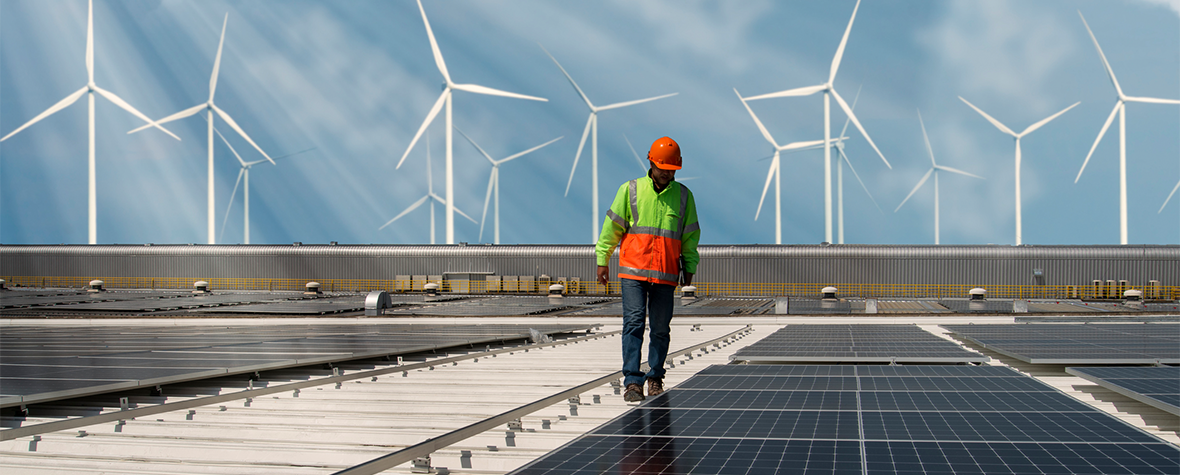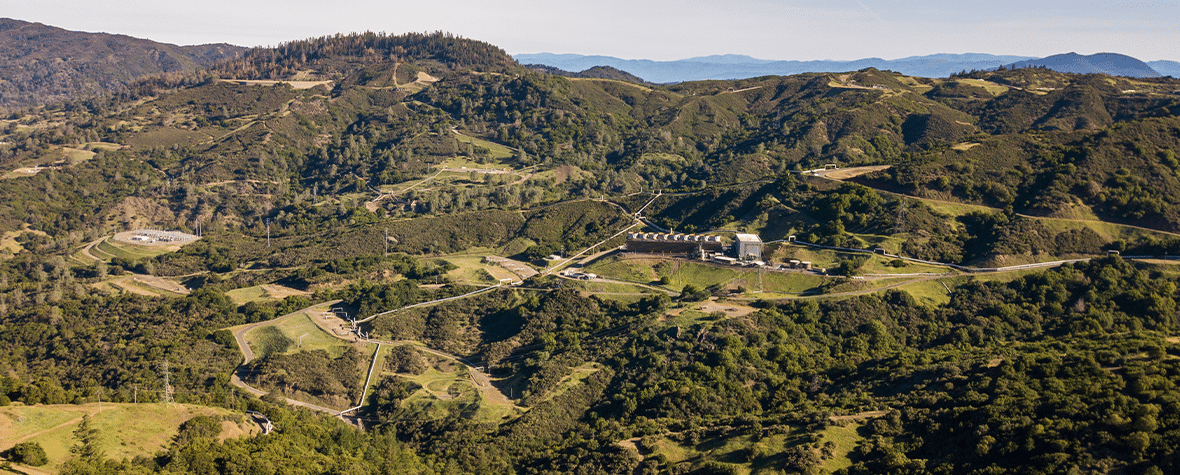Learn how Community Choice Aggregation (CCA) put California on the path to delivering renewable energy:
● How “community choice” got its start
● The role of CCAs in power procurement
● How CCAs are changing California’s electricity market
Historically, investor-owned utilities controlled the generation and distribution of electricity in California. In the past two decades, California’s electric industry has rapidly shifted to bring about choice, local control, community reinvestment, and the ultimate goal, delivering clean energy.
What is the history of California’s electricity market?
Until the 1990s, Pacific Gas & Electric (PG&E), Southern California Edison (SCE), and San Diego Gas & Electric (SDG&E) served as the primary power providers for California. These investor-owned utilities were the only available electric service provider to customers in their service areas.
In the 1990s, California shifted to a competitive energy market to lower energy prices and drive innovation. During this period, many Californians switched to alternative energy providers, but a lack of regulation and a cap on energy prices led to rolling blackouts caused by supply shortages. In response, California rolled back the open market and passed Assembly Bill 117 in 2002 to establish CCAs and introduce choice to the electricity market while protecting electricity users from the uncertainty in supply and demand.
What are CCAs?
As opposed to private, investor-owned companies, CCAs are local government entities that procure electricity on behalf of residents and businesses. CCAs work with their region’s existing investor-owned utility to deliver power and maintain the grid.

In 2010, MCE emerged as California’s first CCA agency. Today, 25 CCAs serve more than 11 million customers across 200 towns, cities, and counties in California.
How are CCAs changing California’s electricity market?
CCAs allow California communities to choose the source of their electricity and determine how their dollars are reinvested to maximize local benefit. In addition to investing in existing clean power sources, CCAs have contracted for almost 11,000 megawatts of new clean energy generation, enough to serve over 4 million homes. CCAs have also launched innovative programs to help Californians lower costs, combat climate change, connect to clean technology, and improve health and safety. CCAs help ensure that electricity providers across California continue to innovate and operate in a fair manner that maximizes benefits to consumers.
Can I choose my electric provider?
CCAs are the default electricity provider in communities where they are available, but residents and businesses are encouraged to choose the electric provider that’s right for them. If you’re in MCE’s service area, you can opt in to MCE’s service or opt out and return to your investor-owned utility at any time. To check on the status of your account, call us at 1 (888) 632-3674 or email info@mcecleanenergy.org. Be sure to have your PG&E account information on hand.
Not sure if a CCA serves your community? To find out, look up your town, city, or county here.




